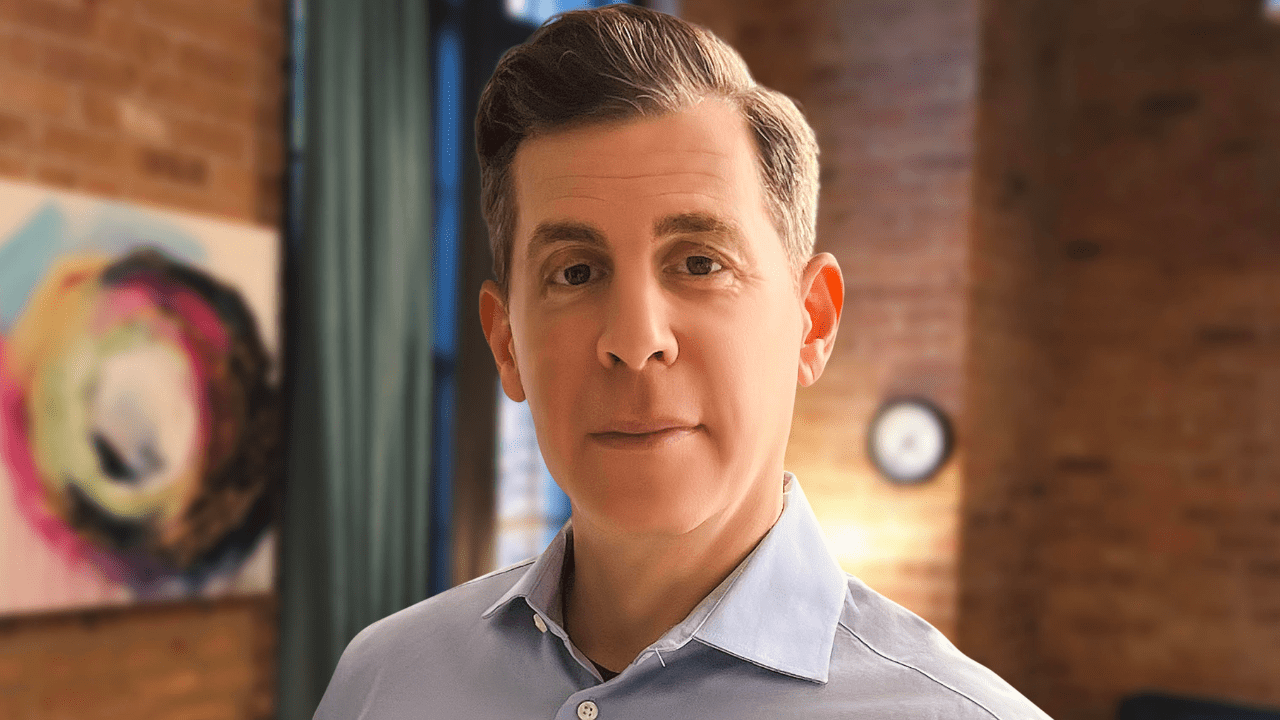From Instagram captions to office gossip to political commentary, the term “narcissist” has become a kind of cultural catch-all. We use it to describe exes, bosses, influencers, even entire generations. But what happens when a clinical term turns into a go-to insult?
Dr Anthony Mazzella, a New York–based psychoanalyst and host of the podcast Narcissism Decoder, believes we’re not only misusing the word. We’re missing the deeper truth it points to.
With more than two decades of experience treating personality disorders, including narcissistic personality disorder (NPD), Dr Mazzella is on a mission to reframe how we understand narcissism. Not as a buzzword, but as a complex emotional defence formed in response to early pain.
We sat down with Dr Mazzella to talk about narcissism’s role in modern culture, why the label is so often misapplied, and what really drives change in people who seem emotionally unreachable.
Let’s start with the obvious. Why do you think the word “narcissist” is everywhere right now?
Dr Mazzella: Because it feels useful. It gives people a tidy way to explain difficult behavior. If someone hurts you or seems overly self-involved, you can say, “They’re a narcissist” and that gives you some emotional closure. But from a clinical standpoint, it’s usually not accurate. Narcissism, as a diagnosis, is far more complex than just someone being selfish or arrogant. It’s not a trait; it’s a structure. A way the personality organizes itself to avoid emotional collapse.
What is narcissistic personality disorder, really?
Dr Mazzella: It’s not about ego or vanity. At its core, narcissistic personality disorder is a defence system. It’s a psychological structure that forms when someone, often in childhood, learns that their true self isn’t safe to show because it was ignored, shamed, or used against them. The child’s spontaneous self-expression becomes associated with danger. So they create a persona: highly capable, charming, in control. But underneath that persona is usually deep shame and fear of being seen.
So when we call someone a narcissist online or in a breakup, what are we usually missing?
Dr Mazzella: We’re missing their humanity. We’re missing the fact that their behavior, while it may be hurtful, is often a form of emotional survival. That doesn’t excuse everything, but it shifts the conversation from “This person is bad” to “This person is stuck.” The label shuts the door. Understanding opens it.
Is narcissism actually increasing, or are we just more aware of it?
Dr Mazzella: We’re seeing more narcissistic behavior, but that doesn’t mean more people have narcissistic personality disorder. Social media rewards performance. Corporate culture rewards self-promotion. In some ways, we’re all being conditioned to act a little more narcissistic. But that’s different from the full-blown disorder, which is rooted in early emotional trauma and shows up consistently across someone’s life.
How do you know when someone is actually dealing with narcissistic personality disorder?
Dr Mazzella: It’s about rigidity. Can they take feedback? Can they show real vulnerability? Are they able to reflect on themselves without falling apart or lashing out? People with NPD tend to have very little internal flexibility. Their sense of self is so fragile that any challenge feels like a threat. What looks like arrogance is often an attempt to avoid collapse.
A lot of people online talk about “narcissistic abuse” and how to protect yourself. Is that language helpful?
Dr Mazzella: There are absolutely situations where people are harmed by individuals with narcissistic traits. But the way we talk about it on the internet can be overly black-and-white. It turns people into villains. It encourages cut-off instead of clarity. Healing doesn’t come from labelling someone. It comes from understanding why you were vulnerable to that dynamic – and what kind of internal clarity or emotional footing you need in order to relate differently going forward.
Can someone with narcissistic personality disorder change?
Dr Mazzella: Yes, but it’s not easy and they have to want it. Real change requires safety, trust, and a willingness to let go of the persona they’ve been using to survive. In therapy, when a patient says, “I don’t know who I am without this image I built,” that’s actually a breakthrough. That’s where the work begins.
What do you wish more people understood about narcissism?
Mazzella: That it’s not a character flaw. It’s a defence. People with narcissistic structures are usually in pain, even if they can’t show it. When we turn narcissism into a buzzword or insult, we miss an opportunity to understand something deeper, both in others and in ourselves.
Sometimes, the person you’re calling a narcissist isn’t showing off. They’re protecting something tender. And maybe the real question isn’t “Why are they like that?” but “What are they afraid you’ll see?”
Understanding narcissism, Dr Mazzella reminds us, isn’t just about better diagnosing others. It’s about building a more compassionate, informed culture. “We’re all navigating emotional defences,” he says. “Some are just louder, sharper, or more visible than others.” In a time when judgment comes fast and nuance often gets lost, his work offers a different path: one rooted in curiosity over condemnation, and in the belief that even the most difficult people are more than the labels we give them.
***
Dr Anthony Mazzella is a practising psychoanalyst and host of Narcissism Decoder, a podcast exploring the inner lives of people with personality disorders. Learn more at drmazzella.com.
Adam Mulligan, a psychology graduate from the University of Hertfordshire, has a keen interest in the fields of mental health, wellness, and lifestyle.

